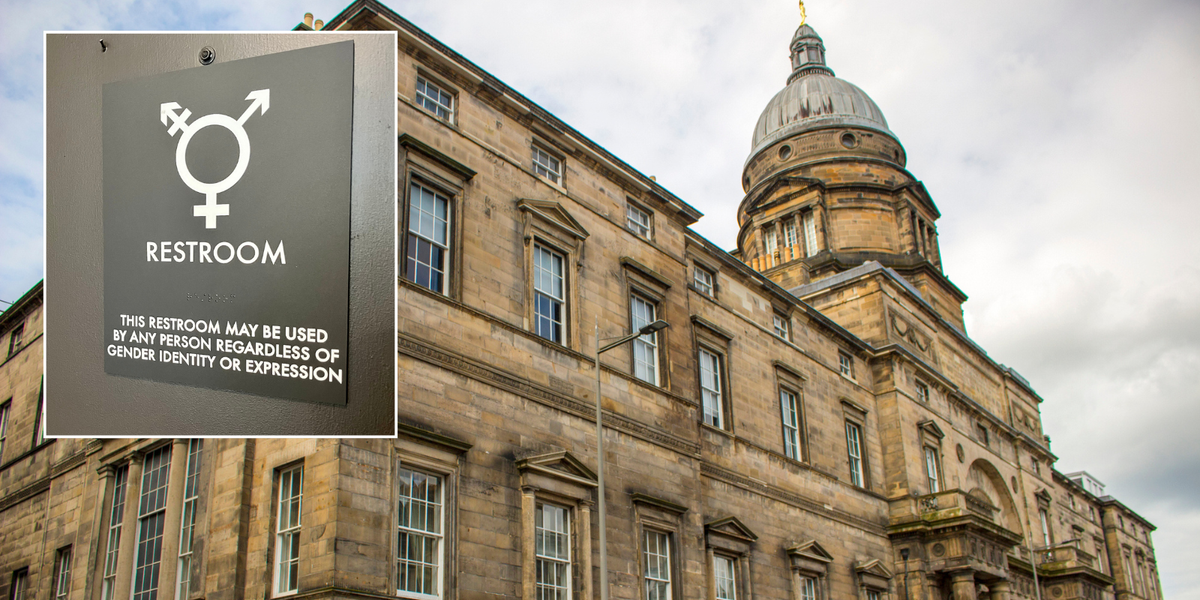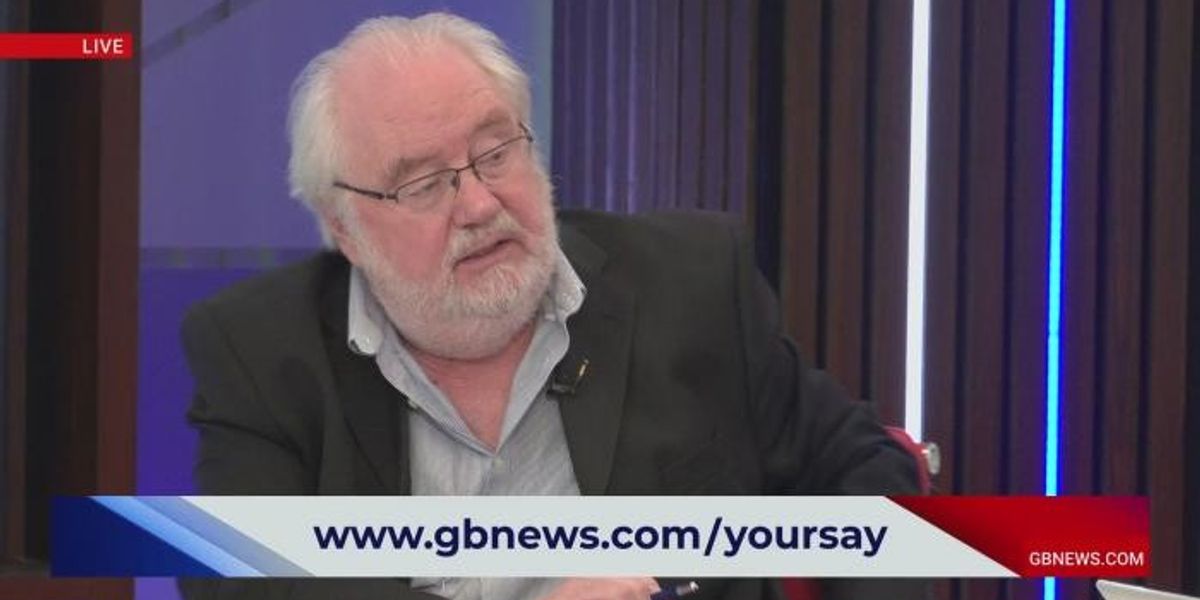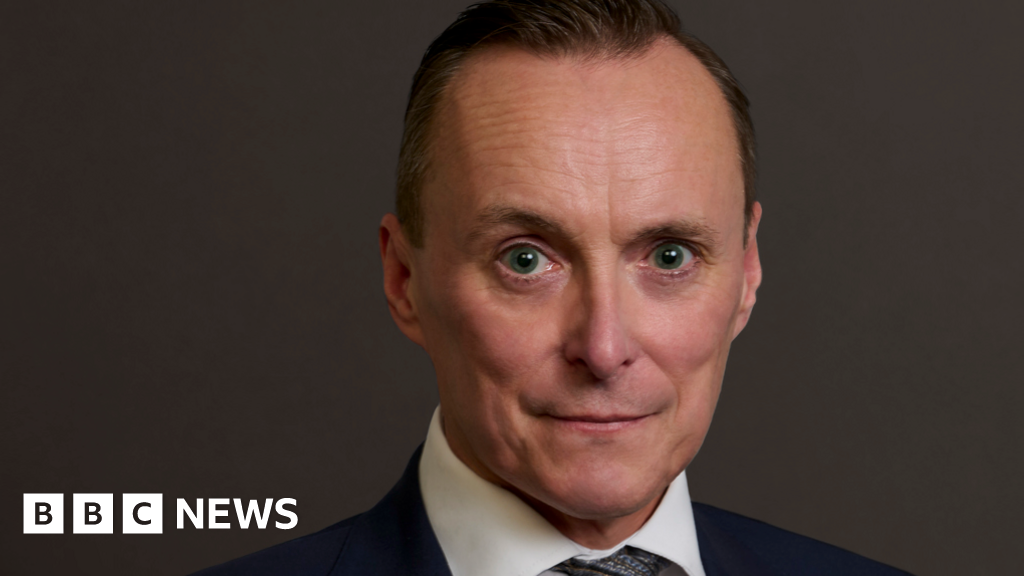In April this year, the EHRC advised the government that changing the legal definition of sex in the Equality Act to “biological sex” would make offering single-sex services more straightforward and provide clarity in a “polarised and contentious” area.
This change would also make it easier to exclude transgender people from specific services or groups.
The advice was criticised by some campaigners at the time.
UN independent expert Victor Madrigal-Borloz wrote in May, external that the EHRC’s advice around changing the legal definition of sex “was to offer the government a formula through which it could carry out discriminatory distinctions currently unlawful under UK law”.
Mr Madrigal-Borloz added that he was “of the opinion that this action of the EHRC is wholly unbecoming of an institution created to ‘stand up for those in need of protection and hold governments to account for their human-rights obligations’”.
Baroness Falkner highlighted to the that the EHRC had its “A status” re-accredited by Ganhri in October 2022 for the third time, as part of a process that takes place every five years.
“There was only one issue that I think was at all controversial in this intervening period, and that was the advice we had given to the Minister for Women and Equalities, Kemi Badenoch, clarifying the definition of sex in the Equality Act,” Baroness Falkner told Woman’s Hour.
“The Equality Act uses the words sex and gender interchangeably,” she said, “this leads to a lot of confusion for service providers, for public-sector organisations, private-sector organisations”.
Baroness Falkner added: “We are here to protect and promote human rights… and we will continue to do that irrespective of what happens here.”







